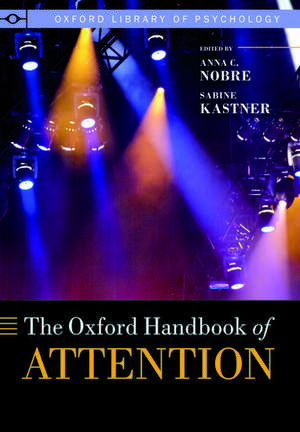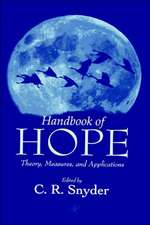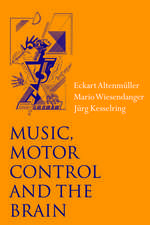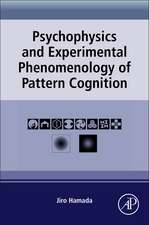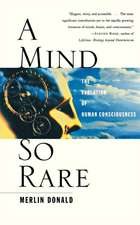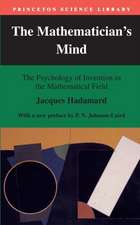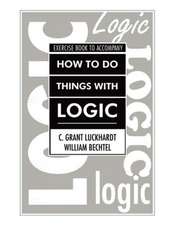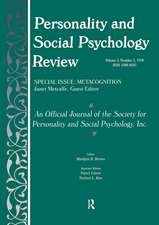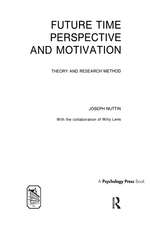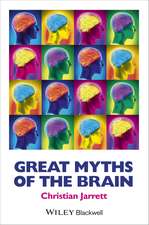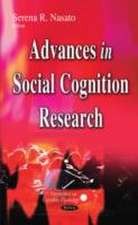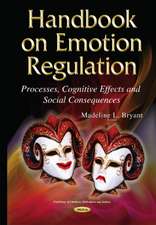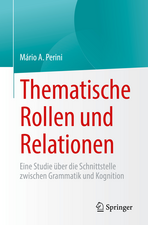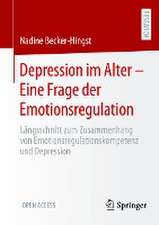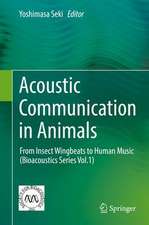The Oxford Handbook of Attention: Oxford Library of Psychology
Editat de Anna C. Nobre, Sabine Kastneren Limba Engleză Paperback – 29 mar 2018
During the last three decades there have been enormous advances in our understanding of the neural mechanisms of selective attention at the network as well as the cellular level.
The Oxford Handbook of Attention brings together the different research areas that constitute contemporary attention research into one comprehensive and authoritative volume. In 40 chapters, it covers the most important aspects of attention research from the areas of cognitive psychology, neuropsychology, human and animal neuroscience, and computational modelling.
The book is divided into six main sections. Following an introduction from Michael Posner, The Oxford Handbook of Attention begins by looking at theoretical models of attention. The next two sections are dedicated to spatial attention and non-spatial attention respectively. Within section 4, the authors consider the interactions between attention and other psychological
domains. The last two sections focus on attention related disorders and on computational models of attention. A final epilogue chapter written by Nobre and Kastner summarizes the questions, methods, findings, and emerging principles of contemporary attention research.
For both scholars and students, The Oxford Handbook of Attention provides a concise and state-of-the-art review of the current literature in this field.
Din seria Oxford Library of Psychology
-
 Preț: 365.73 lei
Preț: 365.73 lei - 23%
 Preț: 930.94 lei
Preț: 930.94 lei - 34%
 Preț: 794.94 lei
Preț: 794.94 lei - 32%
 Preț: 778.53 lei
Preț: 778.53 lei - 14%
 Preț: 1008.17 lei
Preț: 1008.17 lei - 34%
 Preț: 1080.01 lei
Preț: 1080.01 lei - 23%
 Preț: 926.67 lei
Preț: 926.67 lei - 34%
 Preț: 1055.24 lei
Preț: 1055.24 lei - 14%
 Preț: 339.74 lei
Preț: 339.74 lei - 23%
 Preț: 1081.51 lei
Preț: 1081.51 lei - 33%
 Preț: 687.81 lei
Preț: 687.81 lei - 23%
 Preț: 1218.63 lei
Preț: 1218.63 lei - 12%
 Preț: 659.49 lei
Preț: 659.49 lei - 33%
 Preț: 728.14 lei
Preț: 728.14 lei - 14%
 Preț: 605.02 lei
Preț: 605.02 lei - 34%
 Preț: 1296.28 lei
Preț: 1296.28 lei - 23%
 Preț: 1057.75 lei
Preț: 1057.75 lei - 33%
 Preț: 686.58 lei
Preț: 686.58 lei - 23%
 Preț: 982.70 lei
Preț: 982.70 lei - 33%
 Preț: 829.25 lei
Preț: 829.25 lei - 27%
 Preț: 1112.16 lei
Preț: 1112.16 lei - 24%
 Preț: 366.79 lei
Preț: 366.79 lei - 27%
 Preț: 1218.13 lei
Preț: 1218.13 lei - 34%
 Preț: 1154.63 lei
Preț: 1154.63 lei - 33%
 Preț: 684.05 lei
Preț: 684.05 lei - 33%
 Preț: 731.24 lei
Preț: 731.24 lei - 33%
 Preț: 650.02 lei
Preț: 650.02 lei - 34%
 Preț: 796.97 lei
Preț: 796.97 lei - 33%
 Preț: 682.10 lei
Preț: 682.10 lei - 33%
 Preț: 827.89 lei
Preț: 827.89 lei - 26%
 Preț: 708.76 lei
Preț: 708.76 lei - 23%
 Preț: 1628.61 lei
Preț: 1628.61 lei - 20%
 Preț: 618.15 lei
Preț: 618.15 lei - 5%
 Preț: 1228.30 lei
Preț: 1228.30 lei - 15%
 Preț: 370.97 lei
Preț: 370.97 lei - 5%
 Preț: 1426.29 lei
Preț: 1426.29 lei - 23%
 Preț: 1389.15 lei
Preț: 1389.15 lei - 5%
 Preț: 1041.50 lei
Preț: 1041.50 lei - 27%
 Preț: 1112.44 lei
Preț: 1112.44 lei - 23%
 Preț: 937.60 lei
Preț: 937.60 lei - 33%
 Preț: 1094.59 lei
Preț: 1094.59 lei - 23%
 Preț: 1101.73 lei
Preț: 1101.73 lei - 33%
 Preț: 799.90 lei
Preț: 799.90 lei - 34%
 Preț: 1033.24 lei
Preț: 1033.24 lei - 34%
 Preț: 1358.82 lei
Preț: 1358.82 lei - 33%
 Preț: 804.39 lei
Preț: 804.39 lei
Preț: 374.66 lei
Preț vechi: 487.64 lei
-23% Nou
71.69€ • 74.85$ • 59.33£
Carte disponibilă
Livrare economică 04-10 martie
Livrare express 01-07 martie pentru 130.34 lei
Specificații
ISBN-10: 019882467X
Pagini: 1260
Dimensiuni: 169 x 248 x 58 mm
Greutate: 2.33 kg
Editura: OUP OXFORD
Colecția OUP Oxford
Seriile Oxford Library of Psychology, Bestsellers cărți despre atenție
Locul publicării:Oxford, United Kingdom
Recenzii
...the book is well written, well organized, and up to date. Copious figures and illustratons demonstrate learning points and many are in high quality color...This is a comprehensive and informative book on attention that could serve well as a reference for scholars or as reading material in a graduate level class.
